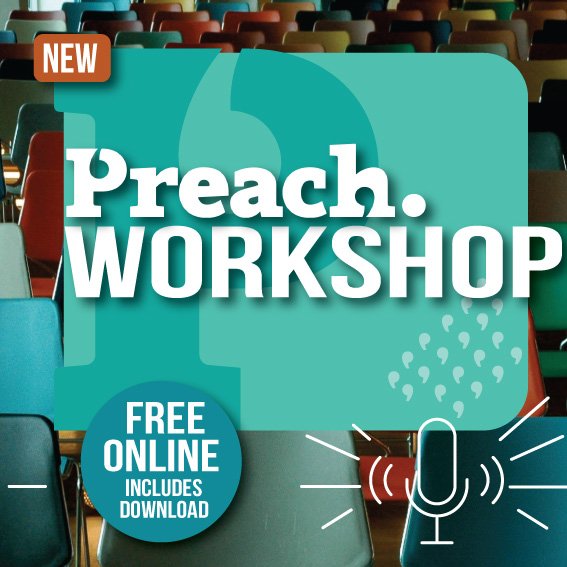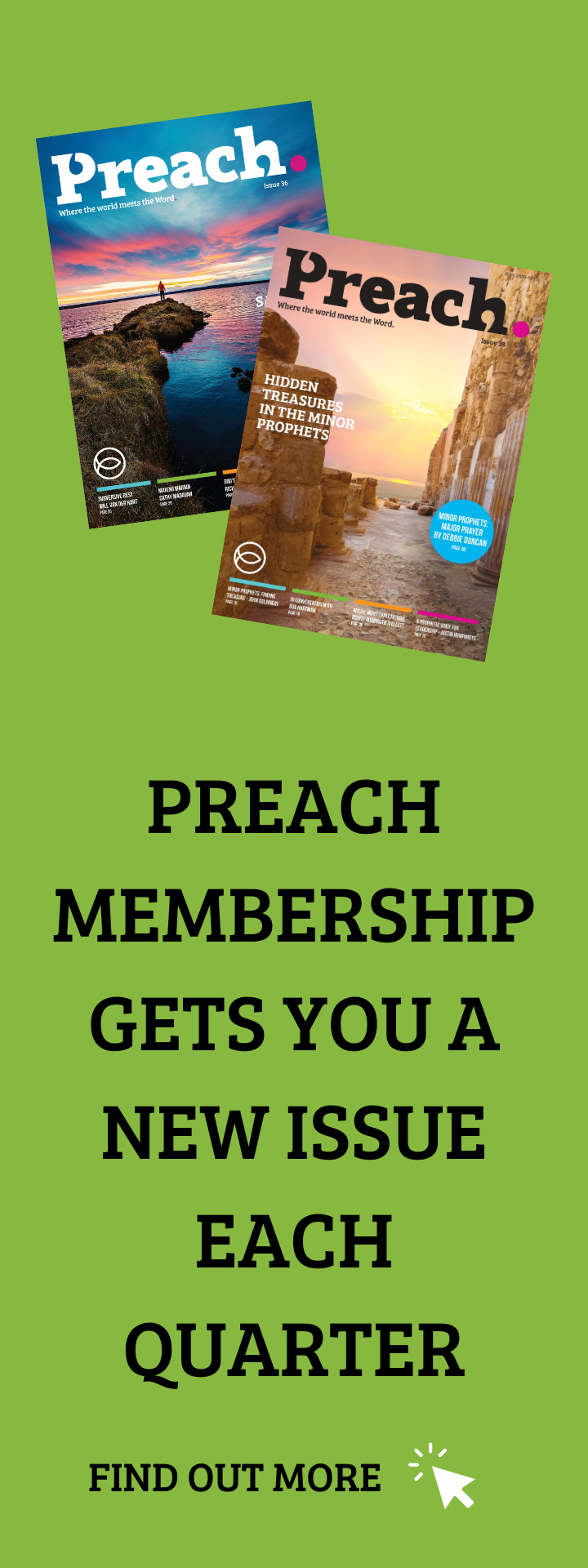Is falling church attendance inevitable?
/By: Mark Woods
Is the decline of the Western Church really inevitable? We all know it’s growing in other parts of the world, but stories of growth in China or Nigeria are cold comfort when that’s so far from the weekly experience of so many of us. Small and aging congregations struggling with the bureaucratic burdens imposed by Church and state alike, in buildings often lovely but often wildly unsuitable, and draughty and decrepit as well: this is closer to our reality.
Tackling recent research
The recent Methodist Conference heard statistics that seemed to bear this out. Figures for membership and attendance are collected every three years. This year’s Triennial Membership Returns show a 15 per cent decline in membership of more than 26,000, to 148,180. The decline in attendance is even steeper, at more than 45,000 or 34 per cent; now only 87,588 people attend the main worship services of Methodist churches.
Looking at these headline figures, one might think that this isn’t a good time to be a Methodist. But all the historic denominations are showing declines, to a greater or lesser extent; Methodism is not unique in the challenges it faces. This is not, though, the whole story, as one or two speakers at the Conference pointed out. There’s lots going on under the radar, they said; the statistics don’t capture everything.
They were quite right. It’s counter-intuitive to say this, but here’s a little-known fact: the Church in England and Wales, at least, is not declining. Parts of it are – the historic denominations, for all sorts of reasons – but we can cautiously say that church attendance appears to be stable.
How do we know how many people go to church? It’s not a simple exercise. We can count them, or we can ask them. Counting is very challenging. Not all churches belong to denominations. Not all denominations are good at collecting statistics. The ones that are, the long-established ones, are the ones that are declining – so their figures distort the wider picture.
Pre-pandemic church attendance
What about asking them? In 2018, Bible Society ran an enormous survey of nearly 20,000 people in England and Wales – very possibly the largest ever of its kind, in a field where 2–3,000 is regarded as a statistically valid sample. The survey, conducted by YouGov, asked about their attitudes to faith and the Bible, their values, hopes and fears – and their churchgoing habits. It found that around seven per cent of the population attend church weekly, with one in ten attending at least monthly.
Post pandemic Church attendance
In 2022 – after the Covid pandemic that hit attendance so hard – the survey was repeated. The results were the same. In other words, during that period, churchgoing overall had not declined.
So what’s going on? At least two things. First, while the white British population may be largely uninterested in religion, that is not true of immigrant communities. Chinese Christianity in the UK is growing fast. African diaspora churches are growing. So the Church may not be declining, but in terms of overall numbers it is becoming less white.
Unpacking the figures
Second, the Methodists who expressed reservations about counting methods were right. There is life bubbling away under the surface, with new, informal communities who aren’t too worried about numbers; old churches are reinventing themselves; lively congregations are being established in unlikely places. It is very difficult to capture these numbers without a full suite of research capabilities – for instance, like the ‘New Churches in the North East’ project from Durham University. Conducted in 2014–15, that project uncovered 125 new churches in the region with a combined attendance of 12,000 people.
What does this mean for worshippers in small and declining churches, in a declining denomination? There are no easy answers – and sometimes endings have to be faced, with grace and gratitude. But it does mean that even humanly speaking, there is nothing inevitable about decline. Becoming a Christian does not involve booking a cruise on a sinking ship. We can be confident, and even optimistic; we are on a voyage into God’s bright future.
Bible Society’s research can be explored on the Lumino website
Author: Rev Mark Woods
Rev Mark Woods is a Baptist minister and writer.
There is life bubbling away under the surface, with new, informal communities who aren’t too worried about numbers








